
After Diplomatic Talks, the Question Lingers: Indian Troops in Maldives – Stay or Leave?
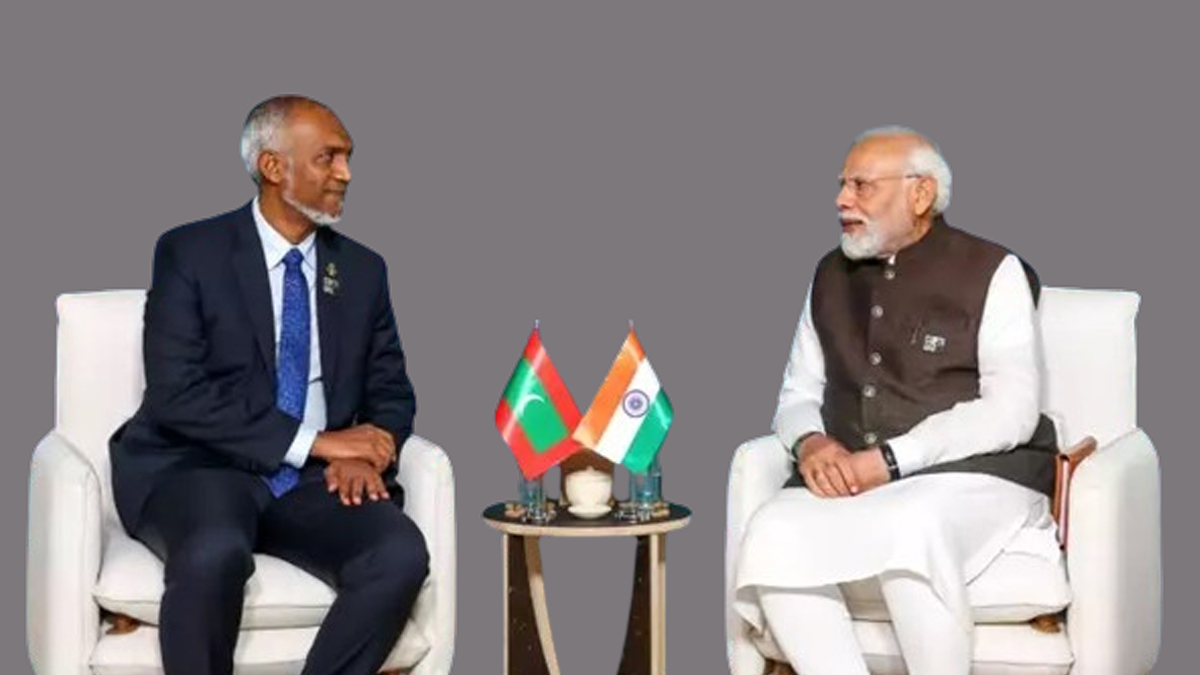
, Indian and Maldivian officials met in the national capital to deliberate on the future of Indian troops stationed in the Maldives. The outcome of the talks has left the question unresolved – will Indian troops stay or leave?
The Ministry of External Affairs in New Delhi stated, “During the meeting, both sides continued their discussions on wide-ranging issues related to bilateral cooperation towards identifying steps to enhance the partnership, including expediting the implementation of ongoing development cooperation projects.”
The discussions also touched upon the operation of Indian aviation platforms that provide humanitarian and medical evacuation services to the Maldives. The Ministry of External Affairs affirmed that both countries “agreed on a set of mutually workable solutions” but did not specify the withdrawal of troops.
India currently maintains a deployment of approximately 80 personnel, including medical staff, to operate three aircraft patrolling the Maldives’ extensive maritime territory.
In contrast, the Maldivian foreign ministry asserted, “Both sides agreed that the Government of India will replace the military personnel in one of the three aviation platforms by March 10 and will complete replacing military personnel in the other two platforms by May 10.”
This announcement comes after Maldivian President Mohamed Muizzu, who assumed office in November, pledged to evict Indian forces. The issue underscores a broader geopolitical shift, with the Maldives gravitating toward China, its largest external creditor, despite New Delhi’s historical influence in the region.
The establishment of a core group between the two nations was decided during a meeting between Prime Minister Narendra Modi and President Muizzu on the sidelines of the COP28 summit in Dubai in December.
President Muizzu, upon returning from his first state visit to China in January, issued a directive for India to withdraw its troops by March 15, signaling a potential recalibration of alliances in the strategically vital Indian Ocean region. The developments raise questions about the evolving dynamics and influence in this geopolitically sensitive area.
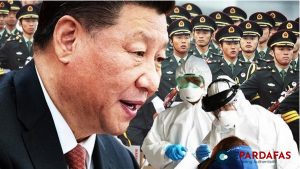
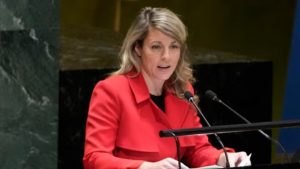

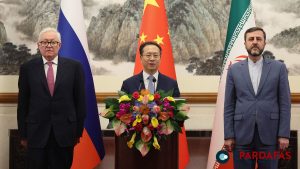
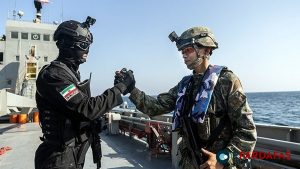


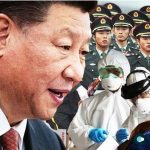



Comments